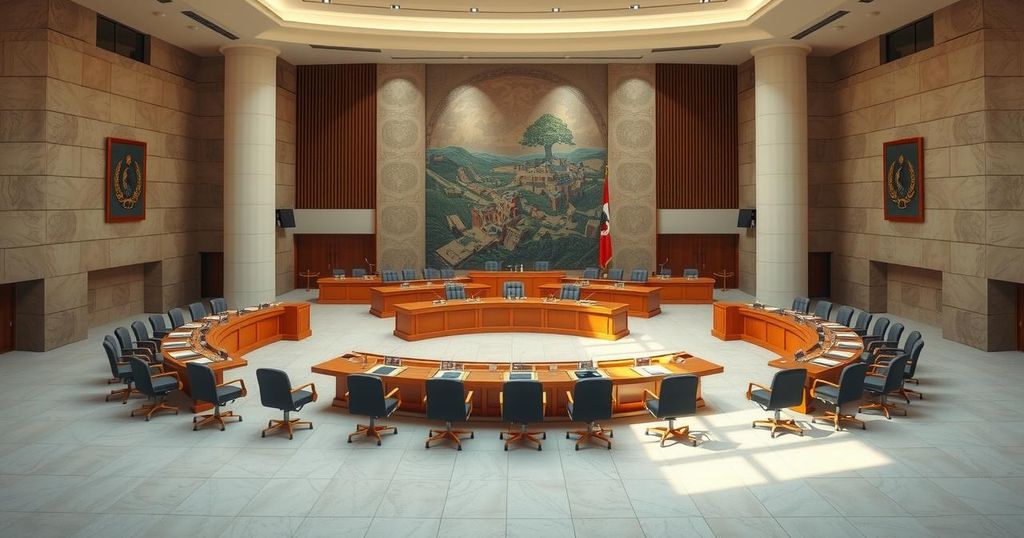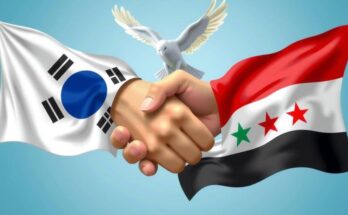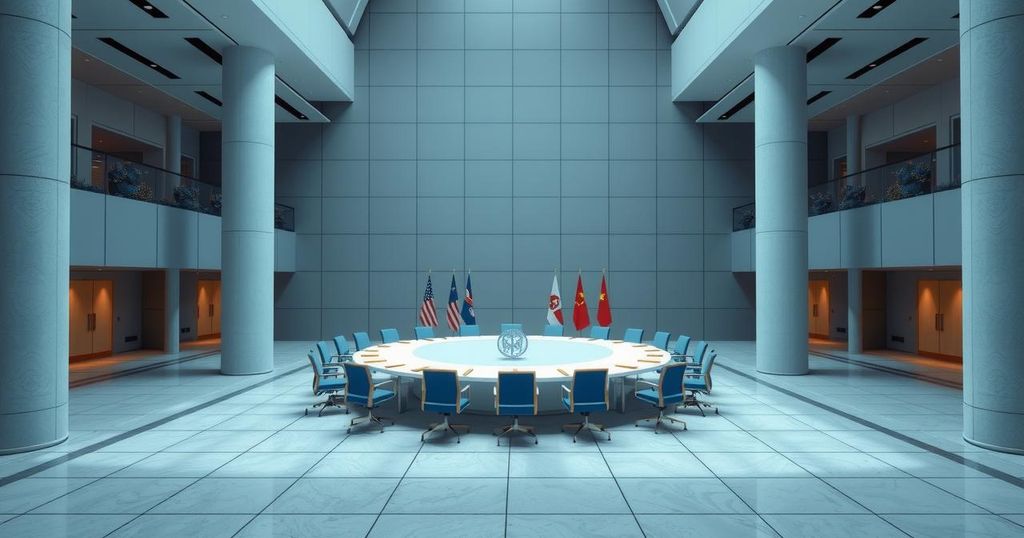Ammar Hakim, leader of the Iraqi National Wisdom Movement, emphasized the need for Iraq to prepare for challenges while supporting government stability and reconstruction. He called for regional wisdom in crisis management and highlighted the importance of Iran-Saudi relations as a model for others. Hakim also condemned the ongoing threat from the Zionist regime and urged the UN to take action against these concerns.
Ammar Hakim, the leader of the Iraqi National Wisdom Movement, underscored the importance of being prepared to meet the religious and national duties towards the Iraqi people in light of regional challenges. During a speech marking the anniversary of Abdul Aziz Hakim’s death, he asserted that Iraq’s contemporary strength is derived from both its historical trials and the political and social consciousness that has evolved from them.
Hakim expressed the necessity of bolstering the Iraqi government, emphasizing that this commitment springs from a recognition of the importance of stability and the reconstruction of the nation. He highlighted that the management of regional crises must rely on wisdom and reason, avoiding foreign interventions, which have led to ongoing competition and conflicts in the region.
He articulated concerns regarding the frequent outbreaks of conflict as detrimental to the progress of the region, stating, “Every hour a war starts in our region sets us back years.” He also addressed the threat posed by the Zionist regime’s occupation, calling for the UN Security Council to intervene against these ongoing actions which destabilize regional peace.
Hakim reaffirmed his support for enhanced relations between Iran and Saudi Arabia, declaring, “These two countries should serve as a model for other Arab and Islamic nations in strengthening relations.” He expressed that fostering good relations between these states could generate strategic interests beneficial for their nations, governments, and future generations.
In conclusion, Ammar Hakim advocates for wisdom and unity in addressing regional challenges while emphasizing Iraq’s progressive strength. He stresses the importance of supporting the Iraqi government to ensure stability and reconstruction. Additionally, he calls for regional cooperation, particularly between Iran and Saudi Arabia, to serve as a template for other nations, highlighting the need for effective management of crises devoid of foreign interference.
Original Source: www.tehrantimes.com




